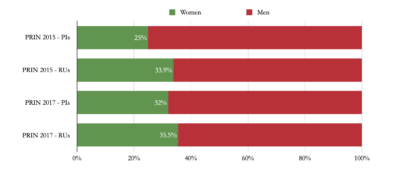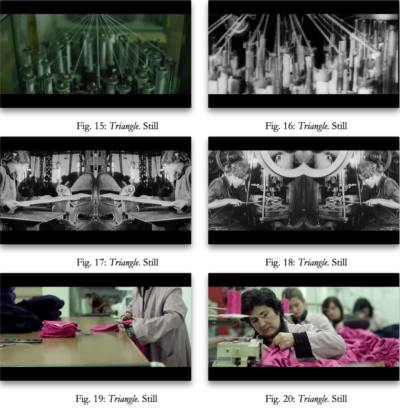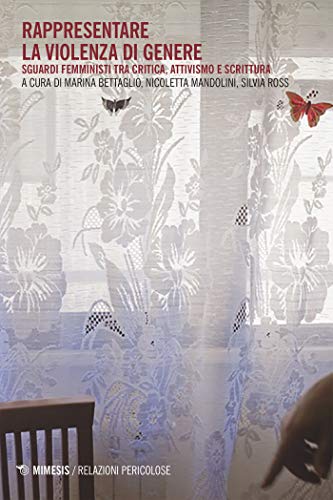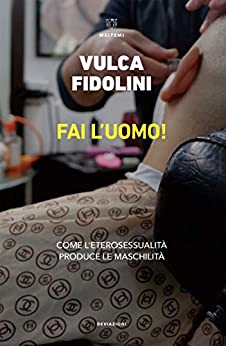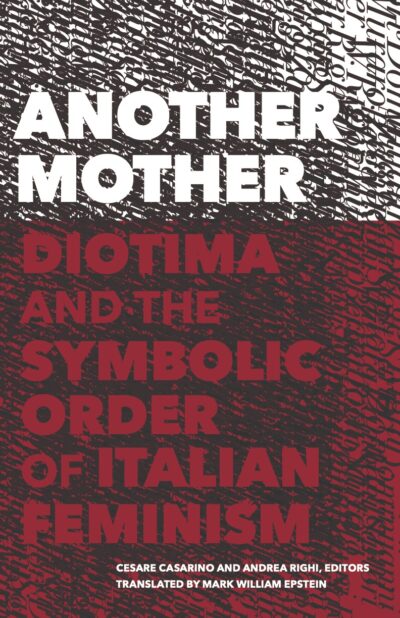9.Collective Writing Projects as Sustainable Ecologies of Collaboration
by Paolo Saporito
What does it mean to engage in collaborative practices? How do these practices ensure the sustainable management of diversity we need in order to counter contemporary forms of discrimination? This paper reflects on these issues and proposes answers to these questions by analysing two case studies: the Italian writing collectives Wu Ming and Joana Karda. The two groups enact collaborative practices that deconstruct conceptual dualisms (i.e. subject/object; self/other) and question hyper-individualised conceptions of subjectivity characterising contemporary neoliberal society.


